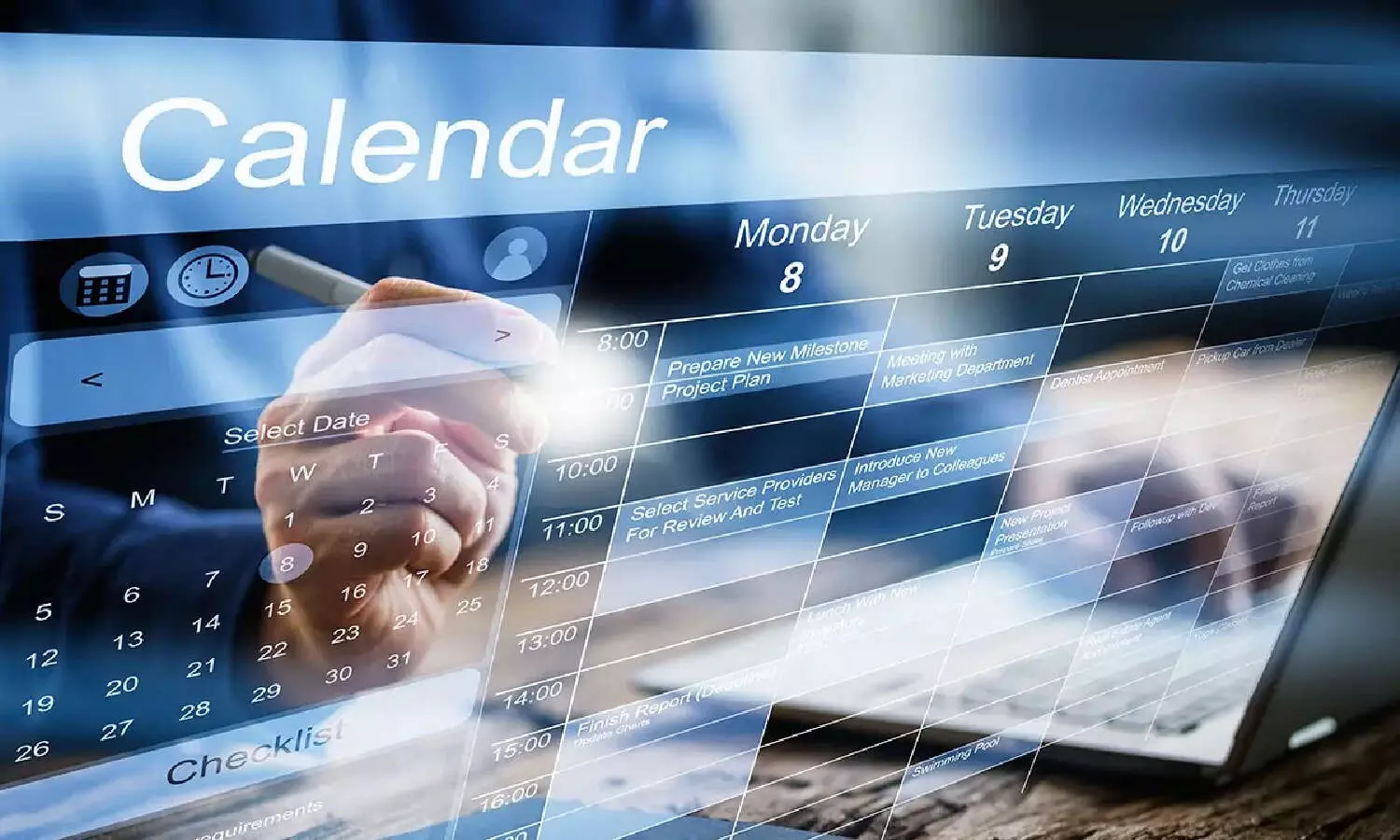World Forget Me Not Day: How we have outsourced memory to machines
Forget Me Not Day was created to encourage people to reconnect with those they had lost touch with
By - Anoushka Caroline Williams |
World Forget Me Not Day: Why act of remembrance may be our most human form of resistance
Hyderabad: November 10 is marked as World Forget Me Not Day. It invites us to pause and remember, not just people we’ve lost, but also the art of remembrance itself. In an age where every moment is recorded, tagged, and stored, true memory, the kind that lives in the mind rather than the cloud, is quietly fading.
Forget Me Not Day was created to encourage people to reconnect with those they had lost touch with. Today, it poses a deeper question: What does it mean to remember when forgetting has become effortless?
The Science of Forgetting and Remembering
Memory is not a filing cabinet; it’s a living, changing process. “Human memory works on association and emotion, not storage. We remember what changes us,” Dr. Priyanka Menon, a cognitive neuroscientist, told NewsMeter,
The brain consolidates memories through repetition and emotional engagement, a process involving the hippocampus and amygdala.
But in a world of constant digital notifications and fragmented attention, these deep emotional encodings are becoming rare. “Attention is the first step of memory,” Dr. Menon adds. “When attention is divided, memory formation becomes shallow.”
A 2024 study by the University of Delhi’s Centre for Cognitive Sciences found that participants who multitasked on phones while doing simple tasks retained 40% less information than those who stayed fully focused. The result is what psychologists now call “digital amnesia”, the tendency to forget information that we know we can look up later.
Outsourcing Memory to Machines
Our devices remember everything: contacts, birthdays, passwords, and even the last thing we searched before sleep. This externalization of memory has benefits: it reduces mental load and preserves data with perfect accuracy. But it also changes how we think.
As Dr. Kunal Basu, professor of digital culture, observes: “We no longer recall; we retrieve. The brain is being trained to delegate remembrance rather than perform it.”
This shift is evident in daily habits, photos we never revisit, conversations stored but unread, and notes saved but unremembered. The result is paradoxical: we have more memory access, but less intimacy with it.
A 2023 MIT review on digital cognition found that people who rely on digital assistants for reminders and journaling show weaker long-term autobiographical recall. The convenience of perfect recording may, over time, dull the emotional depth of lived experience.
When Memory Becomes Choice
In earlier generations, memory was curated by necessity; people remembered stories, songs, and lessons because they had to. Today, curation has become conscious. We decide what to photograph, what to archive, and what to delete.
According to sociologist Dr. Nidhi Deshpande, this choice reveals our collective anxieties: “We remember what performs well, not what matters deeply. Memory itself has become part of social currency.”
Platforms like Instagram and Facebook shape memory into aesthetic timelines, rewarding selective remembrance. The act of remembering is public, often edited to fit an algorithm. Yet even as our digital lives expand, the private landscape of memory, the mental scrapbook of smells, sounds, and sensations, is shrinking.
Collective Memory and Cultural Forgetting
The digital era also redefines collective memory. While historical archives have become more accessible, cultural amnesia has accelerated. Short video formats and fast news cycles mean that even significant events fade quickly from attention.
As Dr. Deshpande notes, “Our collective attention span is now measured in trends, not decades.” The average online news cycle for major events has dropped from five days in 2010 to less than 36 hours in 2025, according to data from the Reuters Institute.
This constant refresh of content fragments shares memory. It becomes harder for societies to sustain long-term emotional connections to their histories. The past becomes searchable, but not lived.
Remembering as an Act of Resistance
To remember consciously is now an act of choice, and sometimes, of resistance. Whether it’s keeping a handwritten diary, recalling a parent’s voice without playback, or revisiting a personal loss without digital distraction, these small acts rebuild the muscle of memory.
“True remembrance,” says Dr. Menon, “is the practice of returning, not to the data of the past, but to its meaning.” Forget Me Not Day, then, is not only about the people we miss, but about protecting the human capacity to hold memory inside ourselves.
As attention becomes a scarce resource, the ability to remember deeply, to live with what cannot be Googled, may be one of the most vital human skills to preserve.
Conclusion: What We Choose to Keep
World Forget Me Not Day reminds us that remembering is not a passive process. It requires care, attention, and sometimes, silence.
As our lives become increasingly digitized, the challenge is not how to remember more, but how to remember better, to hold close what shapes us, and let go of what distracts.
In a world that forgets quickly, the act of remembrance may be our most human form of resistance.